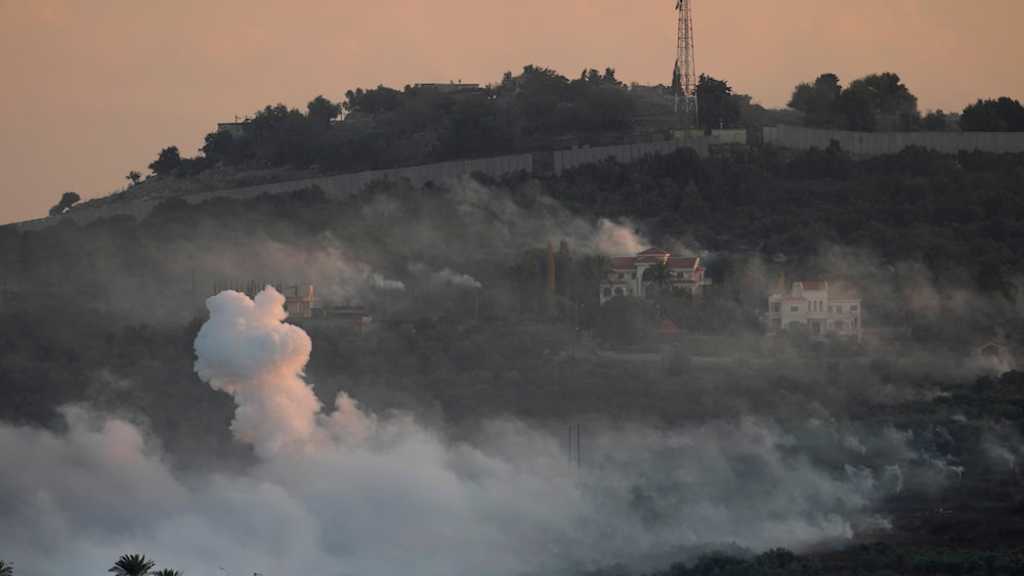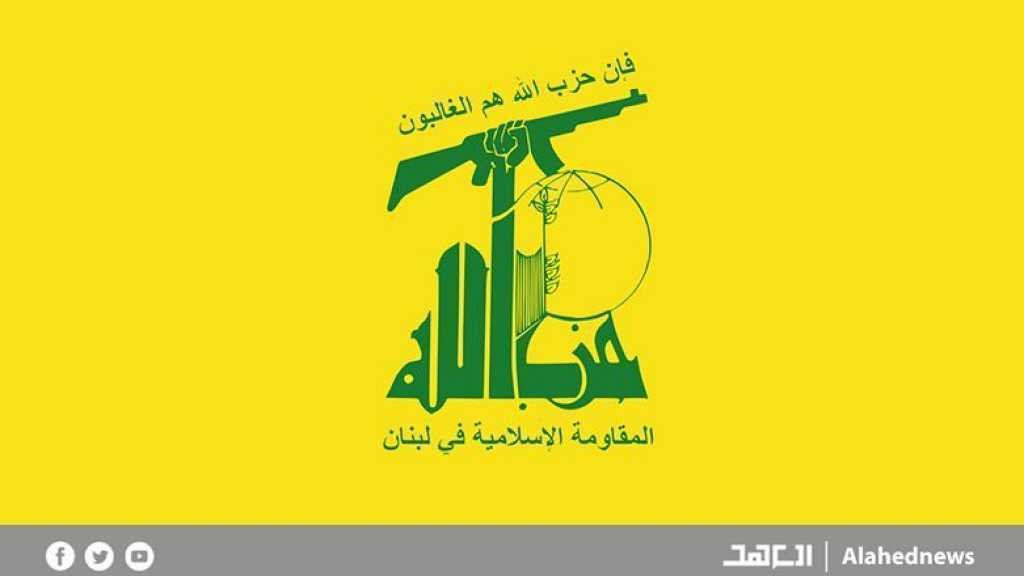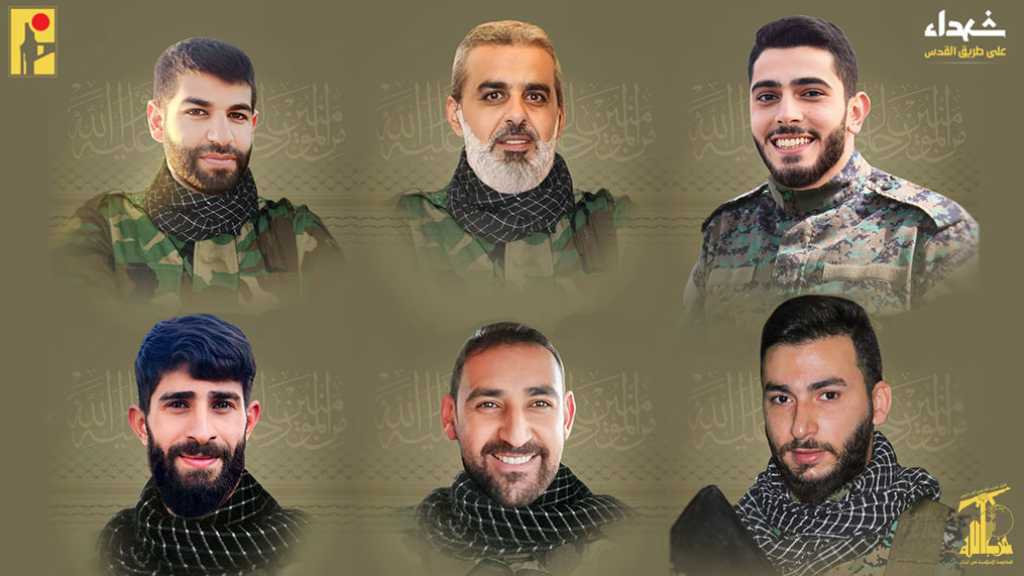
We Do Care...We΄re Sending M-60΄s to Face Merkavas!

Source: Al-Manar TV, 02-12-2008
"The Lebanese armed forces have a unique role. It's one of the strongest national institutions in Lebanon. All Lebanese look up to it as a symbol of their state," a senior Pentagon official said.
In an article posted on the US Department of Defense internet site, Chris Straub, deputy assistant secretary of defense for Near East and South Asian affairs said that the United States and Lebanon signed a military cooperation agreement in October, establishing the U.S.-Lebanese Joint Military Commission to provide an official framework for the bilateral U.S.-Lebanese military relationship.
Straub attributed the "weakness of the Lebanese military" to the 1975-1990 civil war and what he called "the Syrian occupation."
He, however refrained to mention that arming the Lebanese Army, throughout 60 years of "Israeli" occupation of Palestine, was subject to "Israel's" approval which has never been given to the US. The senior Pentagon official acknowledged that since Syrian forces pulled out of Lebanon in 2005, the US provided the military corps with everything but arms to defend "this unique country that we care of".
"Twice since Syrian troops left Lebanon in 2005, U.S. Central Command officials have surveyed the Lebanese military and presented findings and recommendations. The most important one was that the Lebanese military needed a lot of help in the military basics, which are not always the most glamorous. They needed trucks, Humvees, parts and ammunition more than they needed high-end, expensive weaponry. They also need training. The 72,000-member Lebanese military needs basic help with training in marksmanship, urban combat, logistics and maintenance, and staff functions. Lebanese officers are attending several U.S. military colleges, and the International Military Education and Training fund for Lebanon has grown from $1.4 million in fiscal 2008 to $2.1 million this year," Straub said.
"It is national policy that Lebanon be sovereign, that Lebanon be independent," Straub said. "Our part of that is to help build up the Lebanese armed forces so the Lebanese government can be sovereign in all its territory."
Straub also said that "the U.S. goal is for the army and police working for the democratically elected Lebanese government to exercise power throughout the country. That's not going to happen tomorrow, or perhaps next year. But that is our goal."
In Straub's dictionary, helping an army to protect the sovereignty and independence of its country, especially Lebanon that is subject to, literarily, daily "Israeli" violation of its land, sea and air, is by sending it unmanned aerial vehicles ineffective during a defensive action, trucks, Humvees and spare parts, not defensive weapons like air defense systems and defensive tanks or modern weaponry.
"The United States has sent 285 Humvees to Lebanon, and another 312 will arrive by March. The United States has sent 200 trucks to the Lebanese and 41 M-198 155 mm artillery pieces. The Lebanese army also will get night-vision equipment and some tactical unmanned aerial vehicles. We want them to play their role in controlling Lebanese territory. We also want them to deter the terrorist threat."
Straub, therefore, has explained the purpose of aiding the Lebanese army: to play their role in controlling Lebanese territory and deter terrorist threat, but not to defend Lebanon against "Israel's" violation of its sovereignty.
The US has said it will provide Lebanon with a few M-60 tanks, yet he added: "We're not trying to build up some juggernaut that could be threatening to anyone in the region, but to make the Lebanese armed forces capable in their own country," Straub said. "We don't have a conversation on these matters without considering the concerns of 'Israel' and 'Israel's' qualitative military edge," he said. "That's a U.S. commitment that we take very seriously. For example, the Lebanese army M-60 tanks are no match for 'Israel's' Mekava 4 main battle tanks," he explained.
If neither new M-60 tanks, unmanned aerial vehicles, Humvees, trucks nor spare parts could possibly match "Israel's" arsenal which it used to wage more than five bloody wars against Lebanon and is still using it to violate Lebanese sovereignty, then what possibly can create a balance of power between two countries at war?
A US-backed aggressive campaign had been launched against Hizbullah to disarm it under the pretext of: "The Lebanese army should be the sole force to defend the country." The resistance party agrees that the Lebanese army should assume this mission, but with what means? Hizbullah's Secretary General Sayyed Hassan Nasrallah called on all friendly countries to well equip the army, but his call went through deaf ears. He even urged the Lebanese government to buy arms from the black market to render the Lebanese army strong as it should be in the face of "Israel", but this also seems to be materialized in perhaps another lifetime.
In 2006, dozens of Lebanese army soldiers lost their lives while bravely defending the country with very modest means, yet with very high morals. Their barracks, far from the battle zone, were bombed at night while some of the massacred soldiers were asleep.
Today "Israel" is threatening Lebanon with another war, apparently to avenge its defeat by the resistance in 2006, and this time Tel Aviv warns that all of Lebanon and its infrastructure will be on its list of targets.
One can't but really wish that a few Humvees will salvage Lebanon!



